Apple's AR headset will scan your iris for biometric authentication
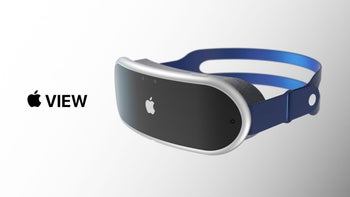
The new frontier in mobile technology is here. Virtual/Augmented reality (i.e. AR and VR) is no longer confined to the realm of science fiction, but is rather a part of the long-term strategy of many American tech giants.
This week, Meta (the company which changed its name in order to better reflect its true ambition of establishing the “metaverse”) announced its most refined VR headset ever. Google is also reportedly working on a AR/VR headset of its own.
And who can forget about Apple. Just last month, Tim Cook, Apple’s CEO, commented that “you’ll wonder how you led your life without augmented reality” implying that AR is the next big thing both for Apple and for technology in general.
Apple has reportedly been working on an AR headset for quite some time, with the device set to make its debut sometime next year. With new horizons, however, naturally come new impediments and the Cupertino company is already working on novel solutions for the latter.
Currently, Apple devices support one of two forms of biometric authentication: Touch ID (i.e. fingerprint sensors) or Face ID (i.e. facial recognition). Needless to say, neither of the two are particularly well-suited for a VR/AR headset. Therefore, Apple is reportedly working on a new form of biometric authentication: iris scanning.
Essentially, this would work in a similar fashion to Face ID and Touch ID before it. Users will be able to authenticate themselves, log into their personal accounts and initiate payments simply by virtue of biometrics.
For reference, this information was first brought forward in a report by The Information, which was subsequently covered by 9to5Mac in a dedicated article.
This week, Meta (the company which changed its name in order to better reflect its true ambition of establishing the “metaverse”) announced its most refined VR headset ever. Google is also reportedly working on a AR/VR headset of its own.
Apple has reportedly been working on an AR headset for quite some time, with the device set to make its debut sometime next year. With new horizons, however, naturally come new impediments and the Cupertino company is already working on novel solutions for the latter.
Privacy is an increasingly prevalent concern amongst the tech community. This is why many companies are putting an emphasis on the importance of biometric authentication.
Currently, Apple devices support one of two forms of biometric authentication: Touch ID (i.e. fingerprint sensors) or Face ID (i.e. facial recognition). Needless to say, neither of the two are particularly well-suited for a VR/AR headset. Therefore, Apple is reportedly working on a new form of biometric authentication: iris scanning.
Essentially, this would work in a similar fashion to Face ID and Touch ID before it. Users will be able to authenticate themselves, log into their personal accounts and initiate payments simply by virtue of biometrics.
For reference, this information was first brought forward in a report by The Information, which was subsequently covered by 9to5Mac in a dedicated article.


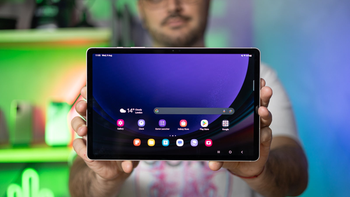




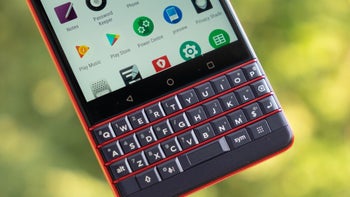
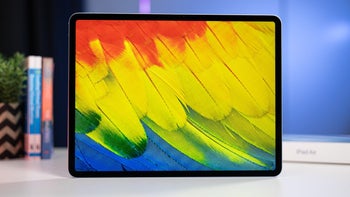
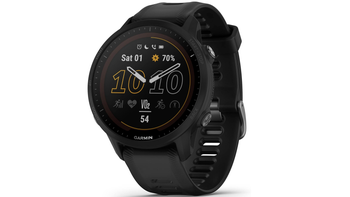

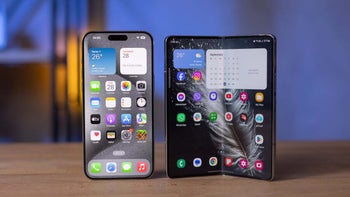

Things that are NOT allowed: